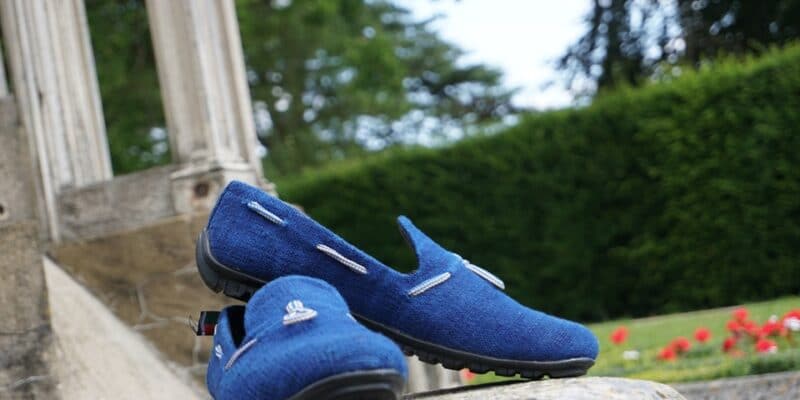22 February 2022. Circular business models enabled by due diligence – testimonies from African textile SMEs.
Side event 8th OECD Forum on Due Diligence in the Garment and Footwear Sector which takes place on 23-24 February 2022. The Forum brings together representatives of government, business, trade unions and civil society to review progress on the implementation of the OECD Due Diligence Guidance for Responsible Supply Chains in the Garment and Footwear Sector to address emerging risks and to share learnings on implementing due diligence across geographies in a neutral environment. The OECD will host a policy maker roundtable on Tuesday 22 February 2022.- UNEP’s eco-innovation process helps SMEs create sustainable and resilient business models and
- the PEF methodology enables businesses to improve the robustness and comparability of the environmental performance of products.
- Opening remarks: Bettina Heller, Programme Officer, UNEP + Laura Macias, Manager, BSR
- Linda Ingolfsdottir, Impact Lead for H&M Group’s Fair Jobs Agenda, H&M
- Cyndi Rhoades, Founder, Worn Again Technologies
- Anohita Sharma, Ruaab SEWA, (Self Employed Women’s Association), India
- Olivia Awuor, Co-Founder, Pine Kazi, Kenya
Pine Kazi is a new and innovative social venture that uses pineapple waste to craft a range of eco-friendly products like shoes and bags which is sold to eco conscious millenials around the world.
30/03/2021: The African Development Bank (AfDB) has awarded Pine Kazi, a Kenyan start-up that makes eco-friendly shoes from pineapple waste. The winner of the Fashionomics Africa competition, organised by AFDB, received an envelope of 2 000 000 dollars. - Allan Munsamy, Planet Events, South Africa
- Moderator: Zubeida Zwavel, CARES, South Africa
- Closing Remarks: Maria Rincon Lievana, Team Leader, EU
The aim of this supplement is to provide textile sector-specific information and guidance to service providers supporting apparel companies in eco-innovation using the core principles and methodology presented in the UNEP’s Eco-innovation Manual. Although the primary target audience is service providers, apparel company representatives interested in business development and eco-innovation will also find the information in this supplement valuable. Apparel includes textiles products such as formal and casual wear, sportswear, undergarments, uniforms, accessories and footwear. It does not include industrial and technical textiles (i.e. medical textiles or packaging), or household textiles (i.e. cleaning supplies or bedroom linens).
Ethical Fashion Initiative - Film Screening
A Burkinabé boy flees his village and migrates to Northern Italy for work. When later disillusioned by heartbreak, and haunted by memories of home, he slips through time in hopes of regaining all he has lost.
Directed by Walé Oyéjidé.
For the Ethical Fashion Initiative, lifestyle choices impact livelihoods. EFI creates and strengthens social enterprises in emerging economies, connecting discerning international brands in fashion, interiors, fine foods and the arts with talented local artists, designers, artisans and micro-producers. Savvy investors, pro-poor champions and mindful consumers find value in a virtuous circle that creates not just premium products, but also stable, dignified work, and creative and resilient women, men and communities. Active in ten countries worldwide, EFI is a flagship programme of the International Trade Centre, a joint agency of the United Nations and the World Trade Organization.





No comments:
Post a Comment